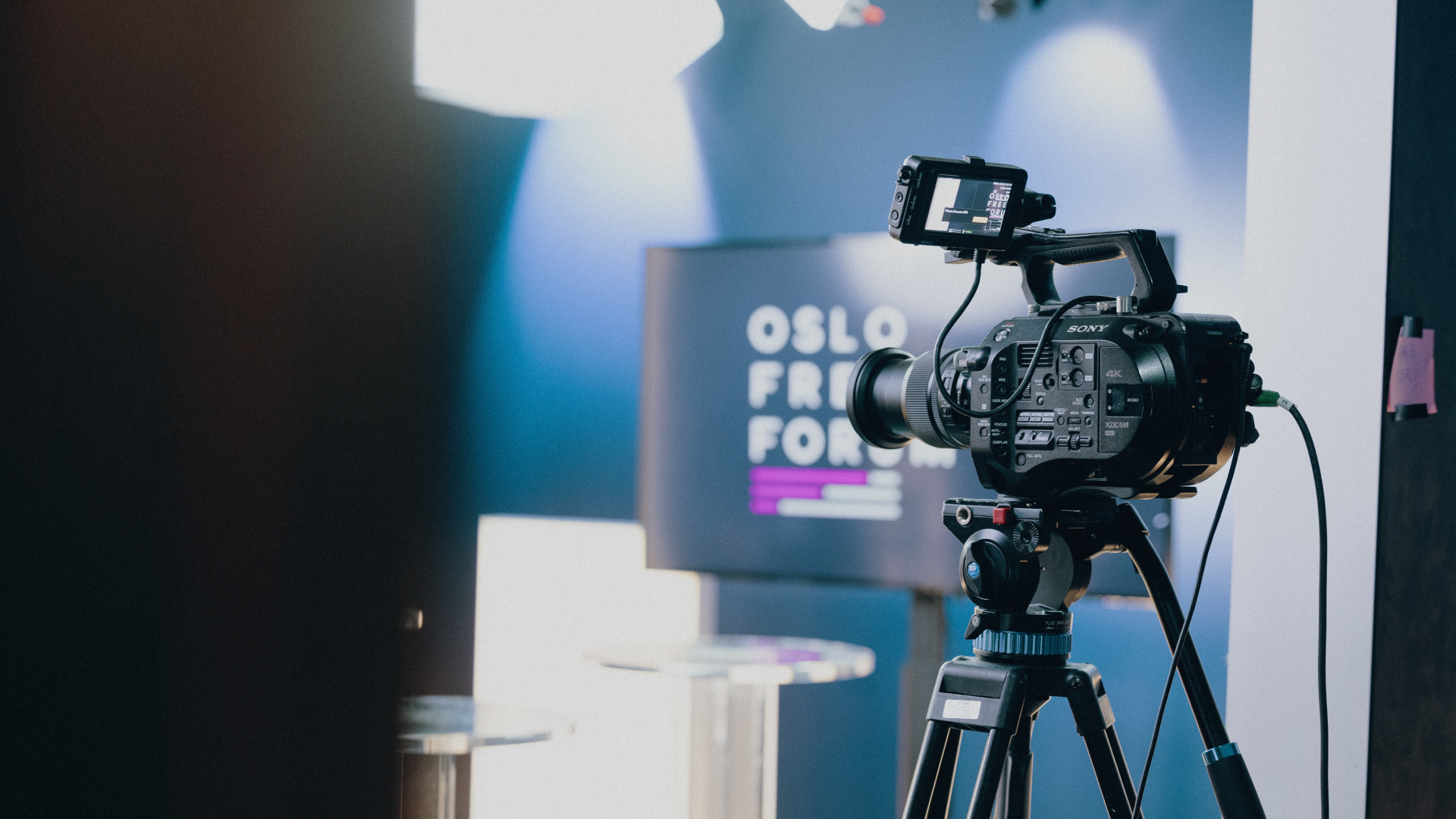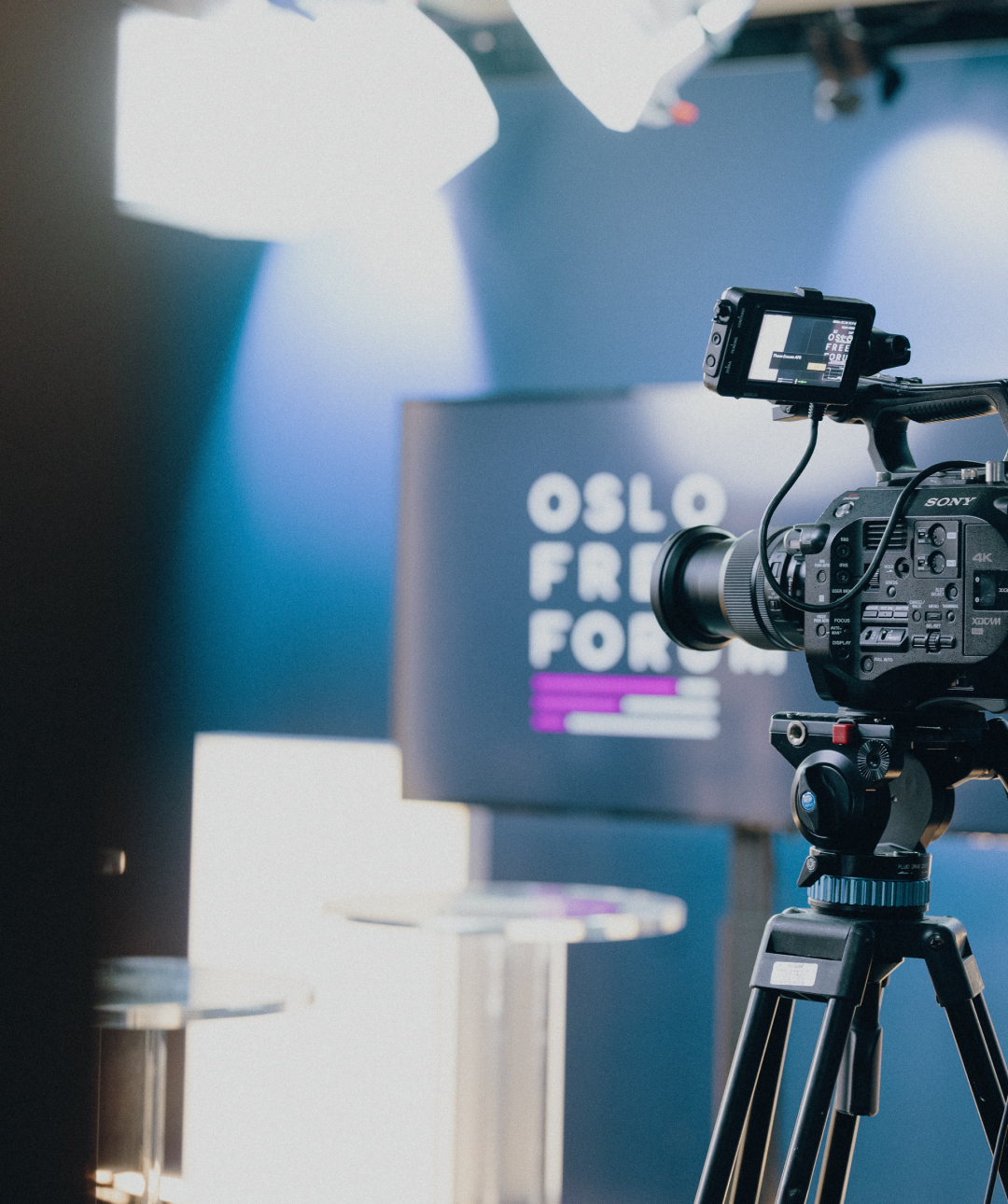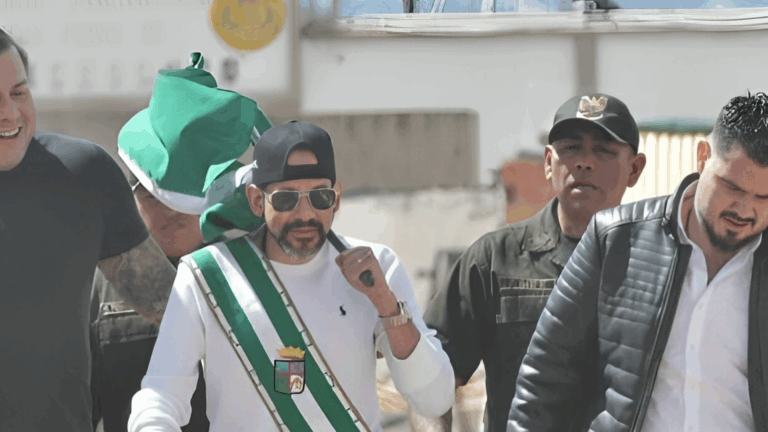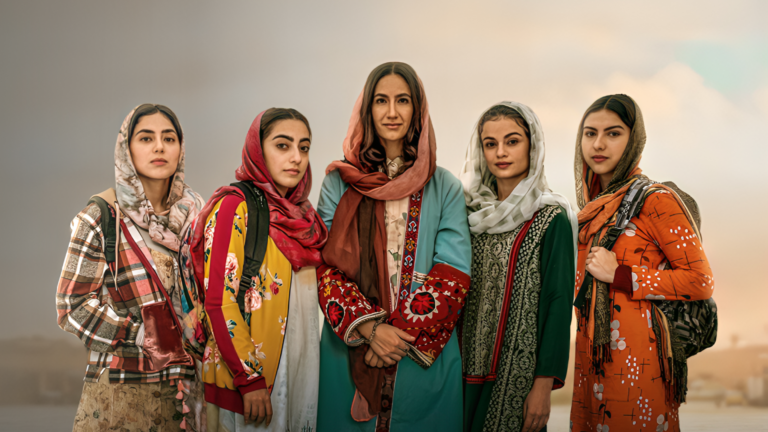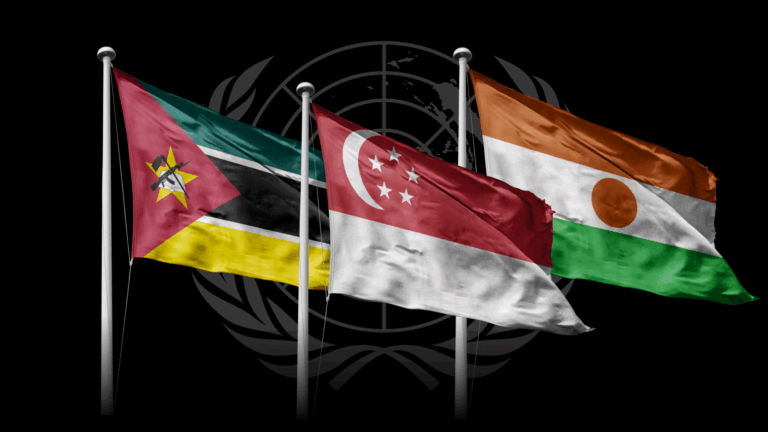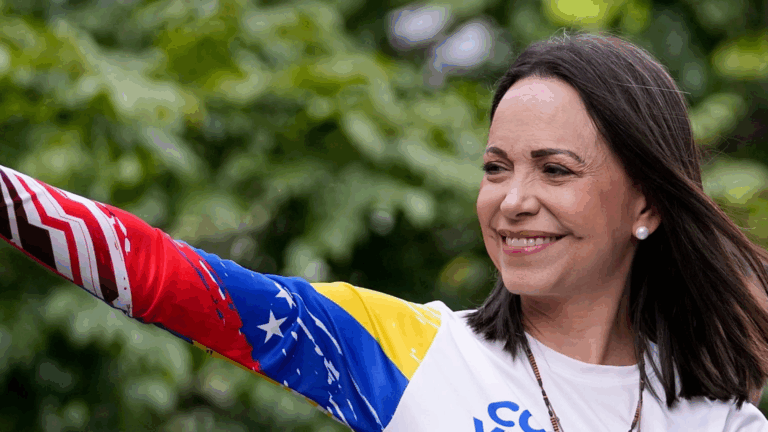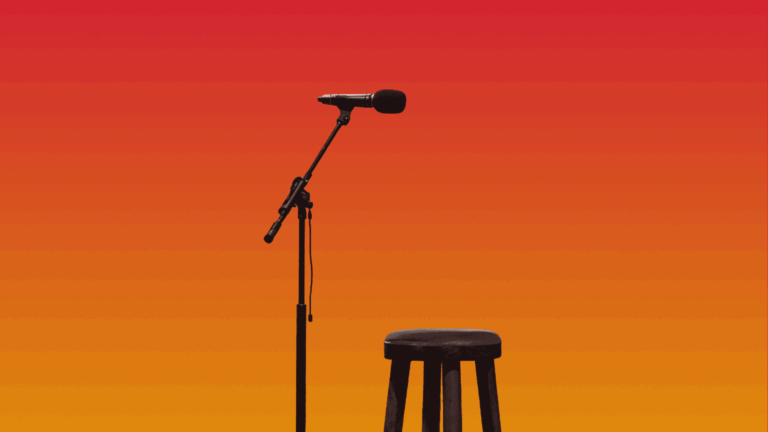In his talk at the 2015 Oslo Freedom Forum, the first openly gayMoroccan filmmaker and writer, Abdellah Taia, said that he had always thought he “was the only gay person in the country.”This sentiment still resonates today.
More recently, the coronavirus pandemic has exacerbated the situation on-the-ground. Members of the LGBT community have fewer places to turn and feel more alone while in quarantine. Some people who have been recently outed have been ostracized by their families and kicked out of their homes, and now have limited options due to the lockdown. The ripple effects of the harassment and persistent discrimination this community faces in Morocco, are prevalent.
Within this context, and given developments that have unfolded in recent weeks, the rights of the LGBT community in Morocco are at increasing risk.
Context of LGBT Rights in Morocco
In Morocco, the LGBT community faces a significant amount of persecution. Homosexuality is a crime; identifying as LGBT – simply being who you are as a person – can land you in jail. Beyond jail time, the LGBT community has also been subjected to public shaming and various forms of harassment and violence.
LGBT persons, or even those perceived as LGBT, have been victims of mob violence. Authorities capitalize on family relations to threaten, repress, and punish LGBT persons and activists: your family members might be arrested for the crime of you identifying as you do, but this also means that you might be outed to your family. And activists face much stigma and repression, making it difficult for them to openly advocate on public platforms and serve as the public face of a critical movement.
In addition to different forms of repression by the government, the portrayal of the LGBT community in Morocco has differed based on the language of the media. French-language media has been more cognizant of the terms it uses to discuss the LGBT community, with journalists comfortably using the word “homosexuality.” Arabic-language media, though, has often continued to label LGBT persons as “sexual deviants.”
Latest Developments
With the emergence of social media, there was a glimmer of hope for LGBT persons to be able to more easily interact with one another. However, following the recent actions of Moroccan trans Instagram personality Naoufal Moussa (also known as Sofia Talouni), social media and apps have turned against the LGBT community.
Last month, when Moussa was insulted for her sexual orientation, she responded by encouraging her 600,000 followers to download location-based LGBT meeting apps to identify gay men, intending to demonstrate the prevalence of LGBT persons living within their communities. This began a trend of people creating fake accounts on these apps to identify users, and snowballed into a homophobic campaign of online harassment, subjecting Morocco’s LGBT community to discrimination, physical harm, and prosecution, purely on the basis of sexual orientation and gender identity.
The situation that has unfolded over recent weeks is not simply an invasion of privacy into the lives of LGBT persons, which is in and of itself a crime and violation of human rights. It goes beyond that – rising to the level of discrimination based on sexual orientation and an incitement to violence.
The fear and sense of hopelessness felt by the LGBT community increased last week when a new social media law was leaked and became referred to as the “North Korea Law.” Moroccan authorities are taking advantage of the coronavirus pandemic to push through this new law that can criminalize expression of one’s opinion on social media, to further restrict fundamental freedoms.
Although the justice minister has recently requested the postponement of the law, what this means for the LGBT community and activists in Morocco is that social media will no longer be a tool they can use to expose reports of abuses in the country. The international community will also have less access to this information, potentially leaving the LGBT community without a proper support system abroad.
As the LGBT community in Morocco lives with this fear, Tunisia recently became the first country in the Arab World to indirectly recognize and register a same-sex marriage. LGBT Moroccans are not as hopeful that a similar breakthrough will come for them anytime soon, under the current regime.
“We have no choice but to keep fighting for LGBTQ+ rights. We have to overcome this tragedy and try to connect with all the persons who want to help our community. Now more than ever, we need to put pressure on the Moroccan government to change the laws that make us criminals and authorize people to attack us,” said Abdellah Taïa in a statement to HRF. “What happened in the last days in Morocco is a real tragedy. As a gay Moroccan writer, I will never give up.”
Legal Reforms & The Path Forward
To improve the situation in Morocco, a few things need to happen:
Repeal anti-LGBT laws: Of utmost importance, is the decriminalization of same-sex relations and the repeal of anti-LGBT laws. Article 489 of Morocco’s Penal Code punishes same-sex relations with a fine and prison sentence of up to three years. This criminalization is also a violation of fundamental human rights that are protected under international law. Morocco ratified the International Covenant on Civil and Political Rights, which enshrines the rights of all people to non-discrimination and equality before the law, but it has not lived up to its commitments under this Covenant.
Address legal gaps: Glaring gaps that exist in the law must also be addressed. With regard to this particular case of invasion of privacy and online discrimination witnessed against the LGBT community over the past two weeks, the right to privacy is enshrined within Morocco’s constitution, and discrimination is prohibited on a number of grounds. However, discrimination on the basis of sexual orientation is not prohibited, so the LGBT community is faced with an extra layer of insecurity, vulnerability, and unequal treatment.
Activism & alliances: Activists from the region are working to gather resources to respond to this situation and support those who have been targeted. But there are many limitations faced in this arena, as well, because Morocco’s laws regulate NGOs and the freedom of association, posing challenges to the work that LGBT activists are trying to carry out. It is extremely difficult for an organization working on issues of sexual orientation to legally register in Morocco. So it’s critical to bolster the network of alliances within Moroccan civil society for those supporting LGBT activists, and the international community needs to condemn the discrimination sponsored by the Moroccan regime and advocate on behalf of the LGBT people to help keep up their fight.


